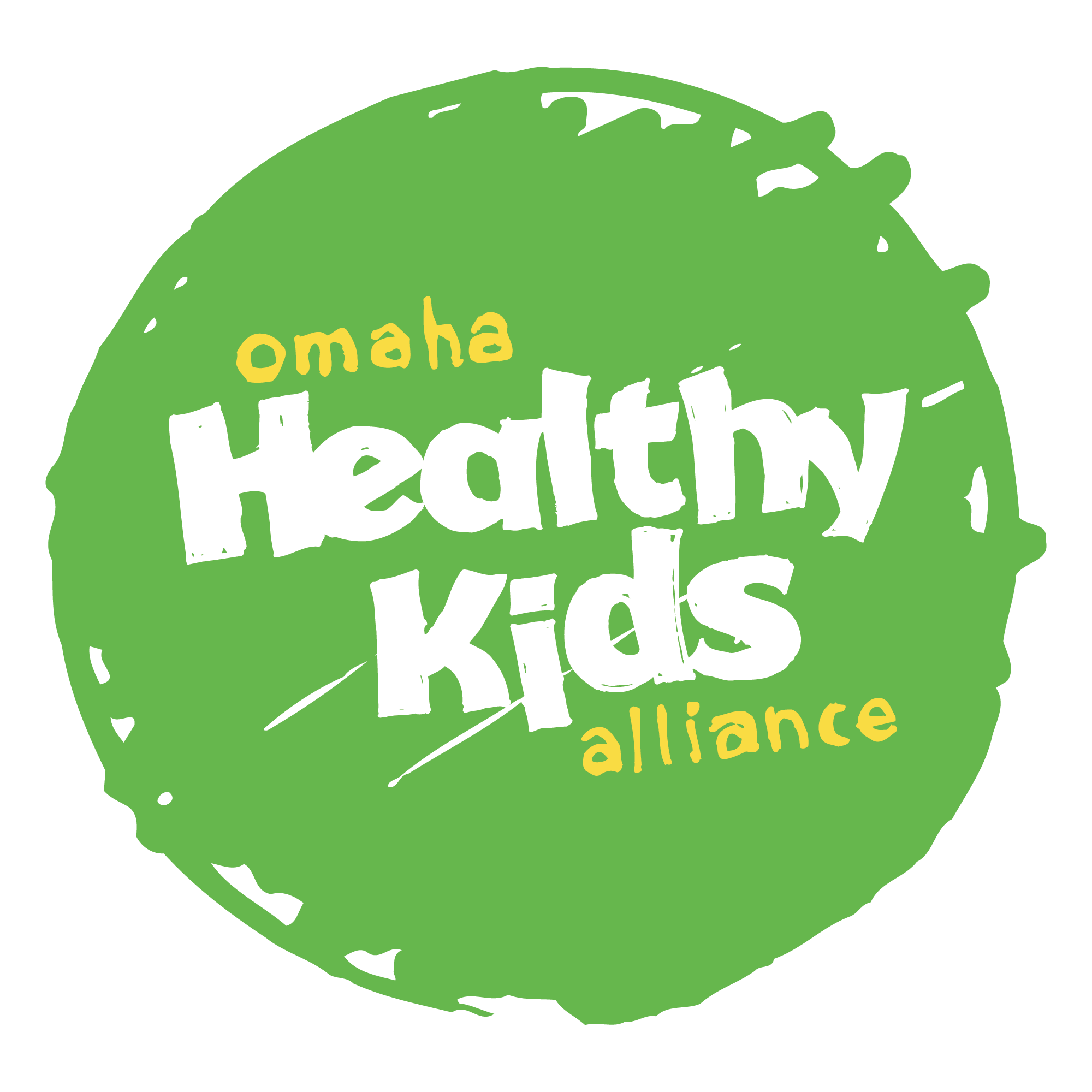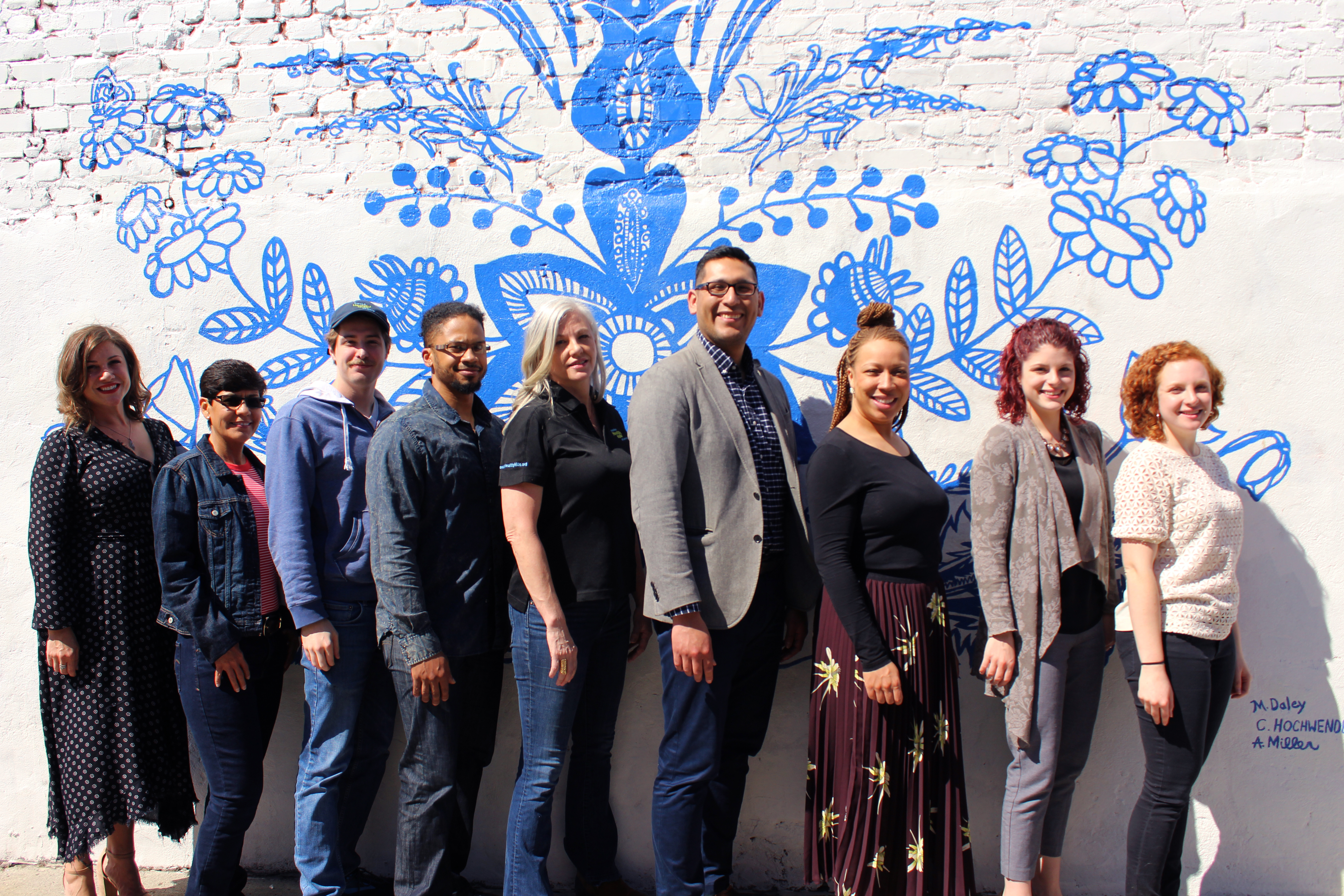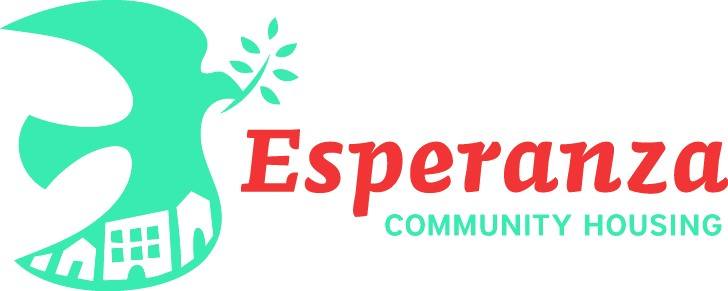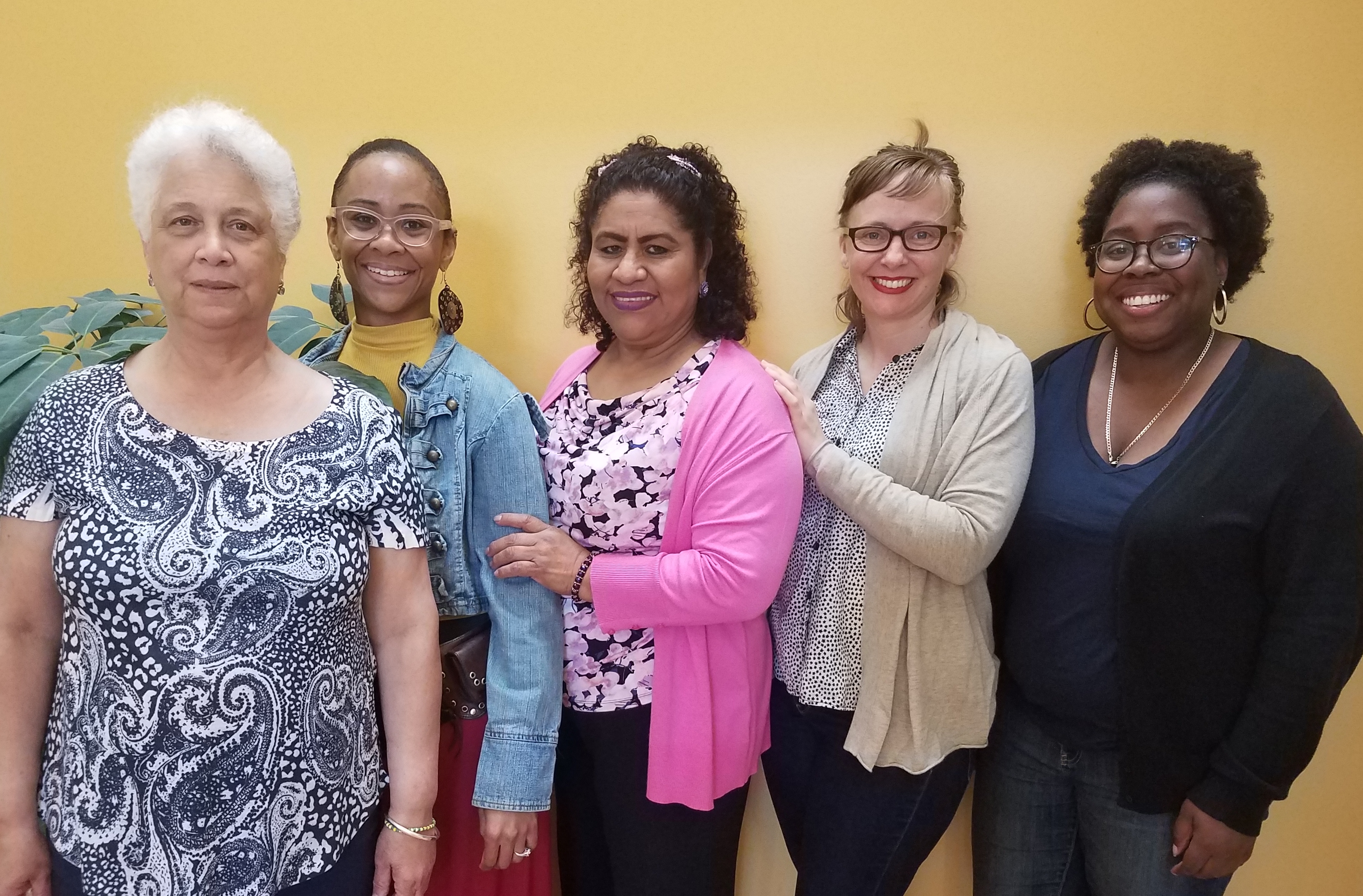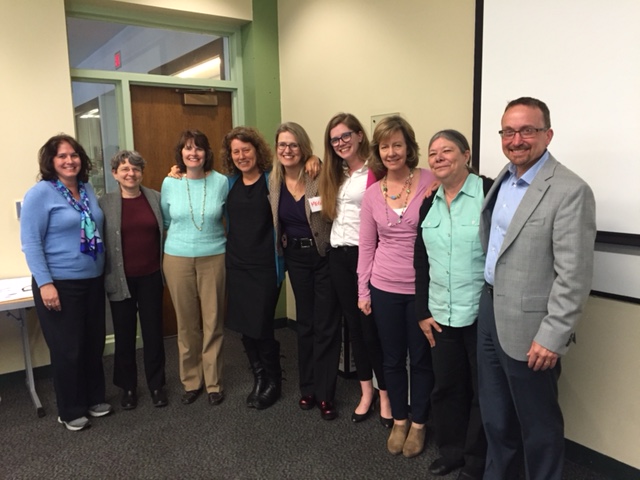Rhode Island Department of Health Asthma Control Program
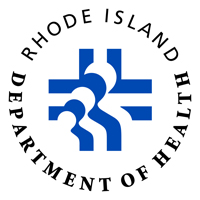
Housed within the Rhode Island Department of Health, the mission of the Rhode Island Asthma Control Program (RIACP) is to reduce the overall asthma burden and asthma health disparities in the state. The program provides community-based services and interventions for children 17 years and younger with asthma in four high-poverty, urban “core cities” throughout the state, where the burden of asthma is the highest. The burden of asthma also falls disproportionately on black and Hispanic children, children in low-income households, and children living in low-income urban neighborhoods. These children are not only at high risk of developing asthma but also are at risk of having more severe asthma once the disease develops. Among children living in the core cities, the rate of primary asthma hospitalizations was twice as high compared with the rest of the state.
RIACP is well-known for its long-term partnerships with researchers and hospitals, as well as public health, housing, social justice and environmental organizations across the state, including Hasbro Children’s Hospital, St. Joseph Health Center, the Asthma Regional Council of New England, UnitedHealthcare®, and the Green and Healthy Homes Initiative. Additionally, RIACP’s efforts are focused around a collaborative approach with linkages between healthy housing, the health care sector, and other regional collaborations. RIACP’s work to reduce the asthma burden in Rhode Island is critical for developing, evaluating and sustaining the program’s strategies to expand the reach of its comprehensive asthma services. RIACP was recognized by the Centers for Disease Control and Prevention (CDC) for its reimbursement efforts and participated in the CDC’s 6|18 Initiative. Through this national leadership program, RIACP received CDC technical assistance and Medicaid support to develop a business case for the reimbursement of RIACP’s asthma home-visiting initiative, the Home Asthma Response Program (HARP).
HARP is an evidence-based program established in 2010 to address the needs of children with poorly controlled asthma and uses certified asthma educators (AE-Cs) and community health workers (CHWs) to conduct up to three intensive in-home sessions for each child. During these home visits, AE-Cs and CHWs provide tailored educational and environmental services, including an extensive environmental assessment, asthma self-management education, and cost-effective supplies to reduce home asthma triggers. CHWs have reported reductions in environmental triggers, including mold, pests, dust, pets, tobacco smoke and chemicals. In addition, using hospital claims data, the program was able to show a 75% reduction in asthma-related hospital and emergency department costs for HARP participants. For every $1 invested, HARP participants realized a $1.33 return on investment. The program recently expanded to provide HARP home-visiting services statewide for Medicaid-enrolled children.
In 2015, RIACP and partners launched the Comprehensive Integrated Asthma Care System (CIACS) to link home-based, school-based and health systems interventions as one unified package. HARP became one of four interventions offered, in addition to the Breathe Easy at Home Project, Controlling Asthma in Schools Effectively Project, and Draw A Breath workshop program. These interventions have been implemented in the four core cities, and a CIACS Advisory Group—comprising public health professionals, asthma researchers, a nurse, CHWs, and a data manager—works collaboratively on the implementation and evaluation of asthma services. The CIACS Advisory Group is Rhode Island’s first researcher-practitioner partnership to reduce the burden of asthma in children.
RIACP has been successful in serving children with poorly controlled asthma and reducing these children’s likelihood of repeated asthma emergency department visits and inpatient hospitalizations. RIACP also has also built partnerships with local, statewide, regional and national partners to reduce individual- and neighborhood-level disparities in pediatric asthma.
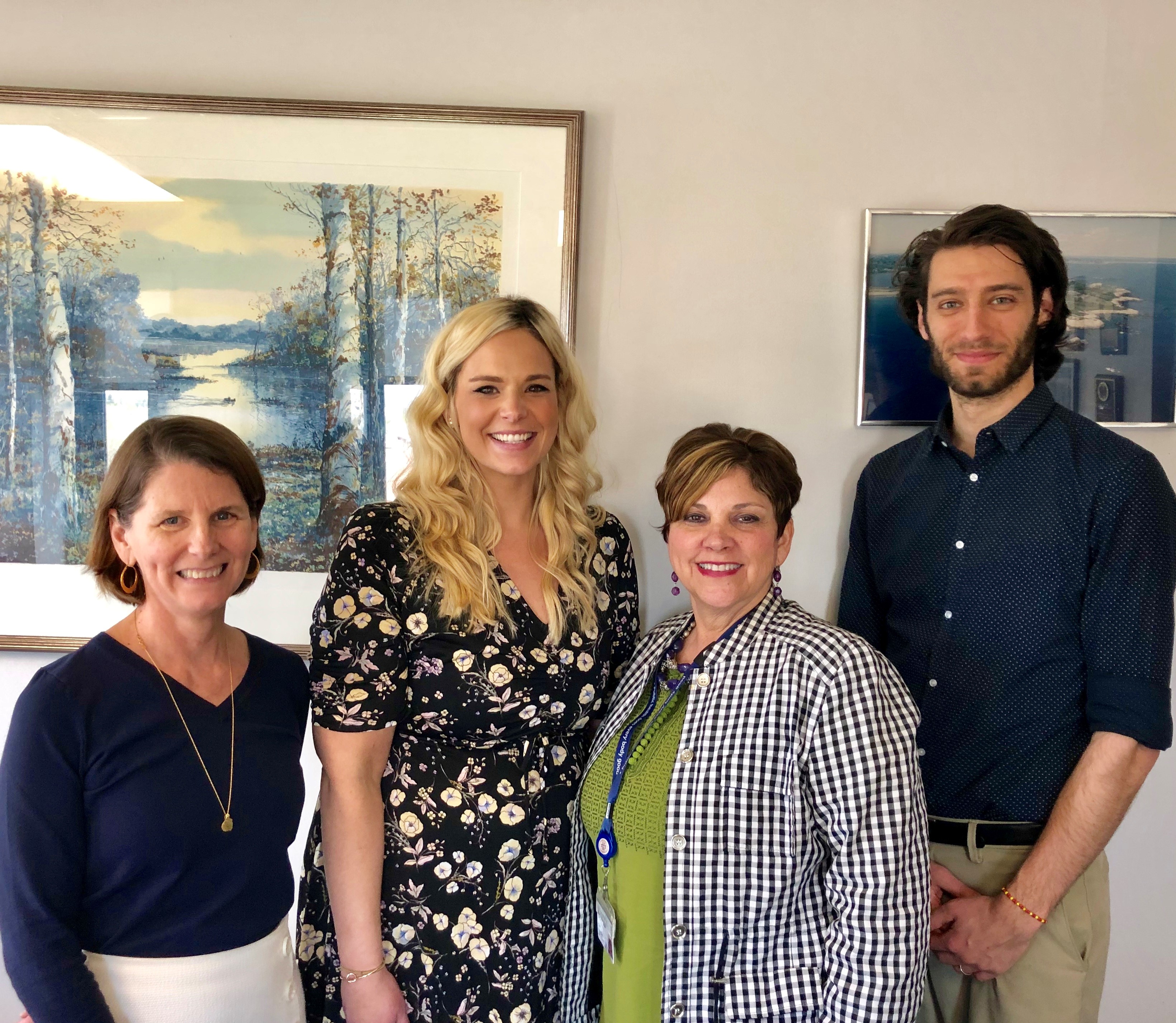
Pictured: From Left to Right: Nancy Sutton (Chief of the Center for Chronic Disease Management), Ashley Fogarty, (Asthma Programming Services Officer), Carol Hall-Walker (Associate Director of Health, Division of Community Health & Equity), and Julian Drix (Asthma Program Manager).
